Keyword research is critical in search engine optimisation (SEO). Focusing on local search trends and keywords can help businesses and blogs in New Zealand attract more targeted traffic. Fortunately, various free keyword research tools are available to help with this task. Here’s a detailed look at the finest free keyword research tools for New Zealanders, along with its advantages and disadvantages:
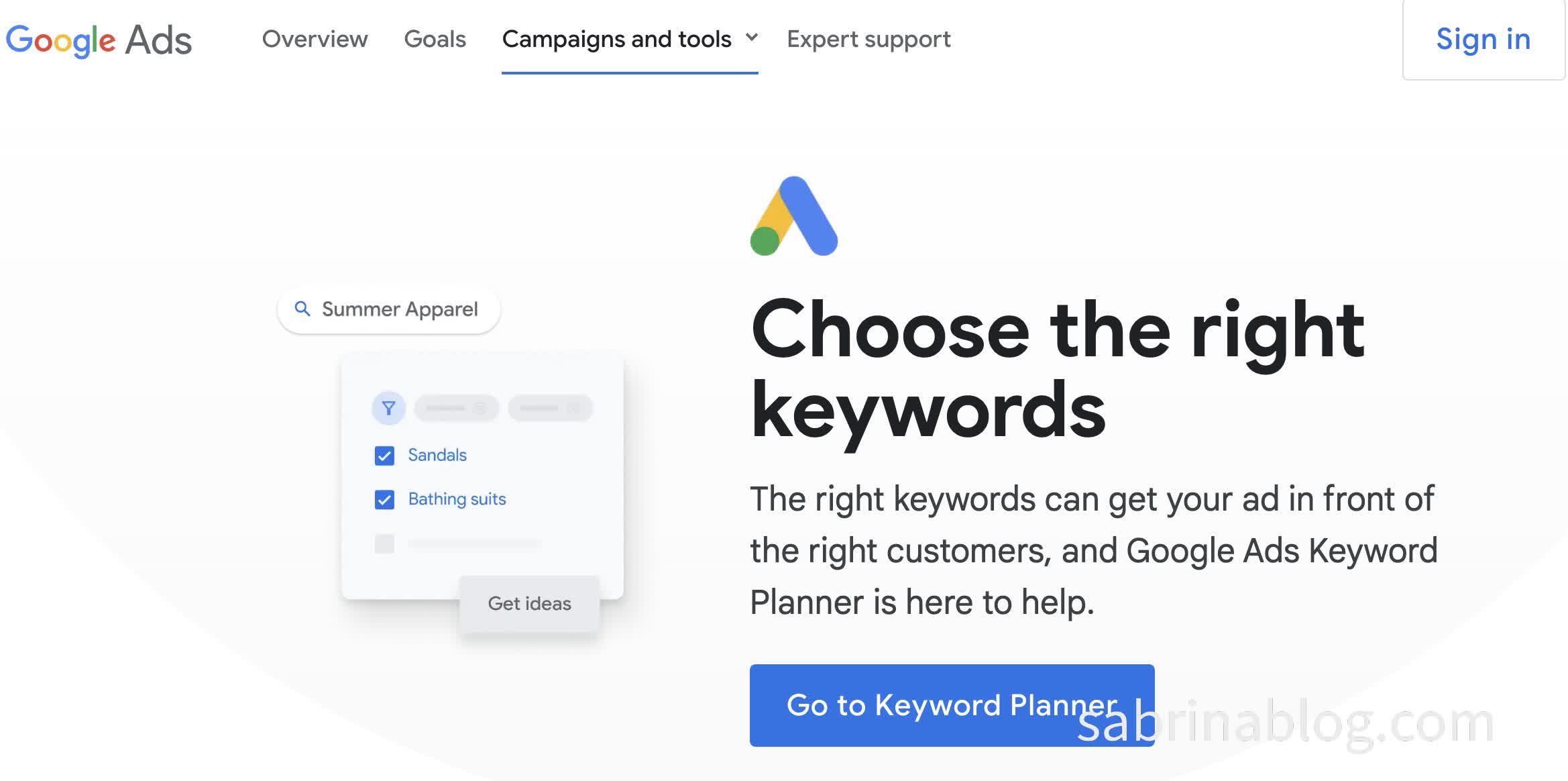
Strengths:
Statistics Accuracy: It directly gives the most accurate search volume statistics from Google.
Location exact: Allows for exact location targeting, making it simple to focus on the New Zealand market.
Ad Integration: Integrates seamlessly with Google Ads, allowing for simple ad planning.
Weaknesses:
Complex UI: The user interface can be overwhelming for novices.
Long-Tail Keyword Data Is Limited: Long-tail keyword data may be limited.
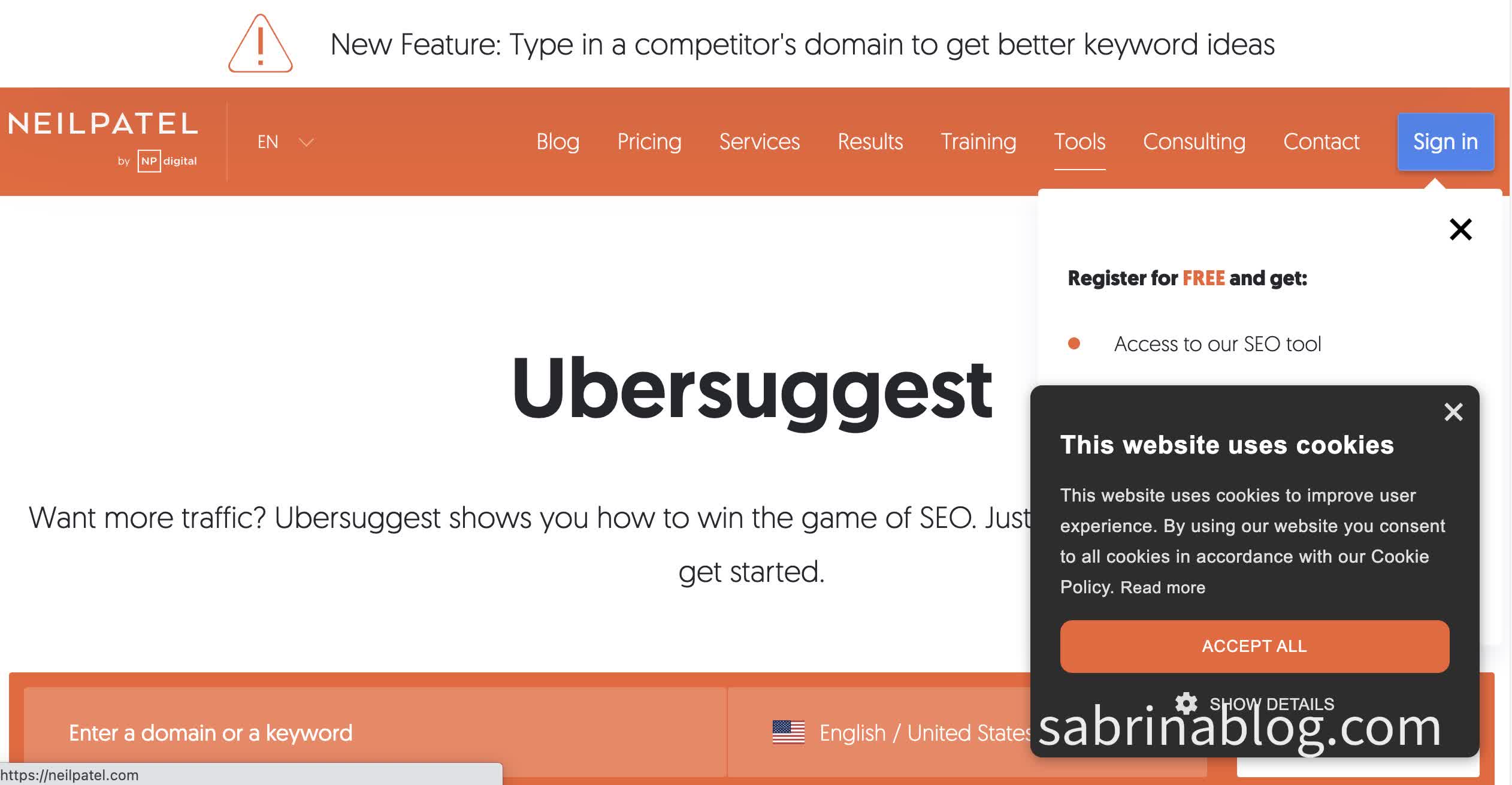
Strengths:
User-friendly: Simple UI for beginners.
Keyword recommendations: Provides a variety of keyword recommendations depending on the principal term.
SERP Analysis: Provides information on the top-ranking pages for a specific search.
Weaknesses:
Concerns about Accuracy: Some users claim that the volume and competition data can sometimes be inaccurate.
Limited Queries: The free version limits the number of searches you can make daily.
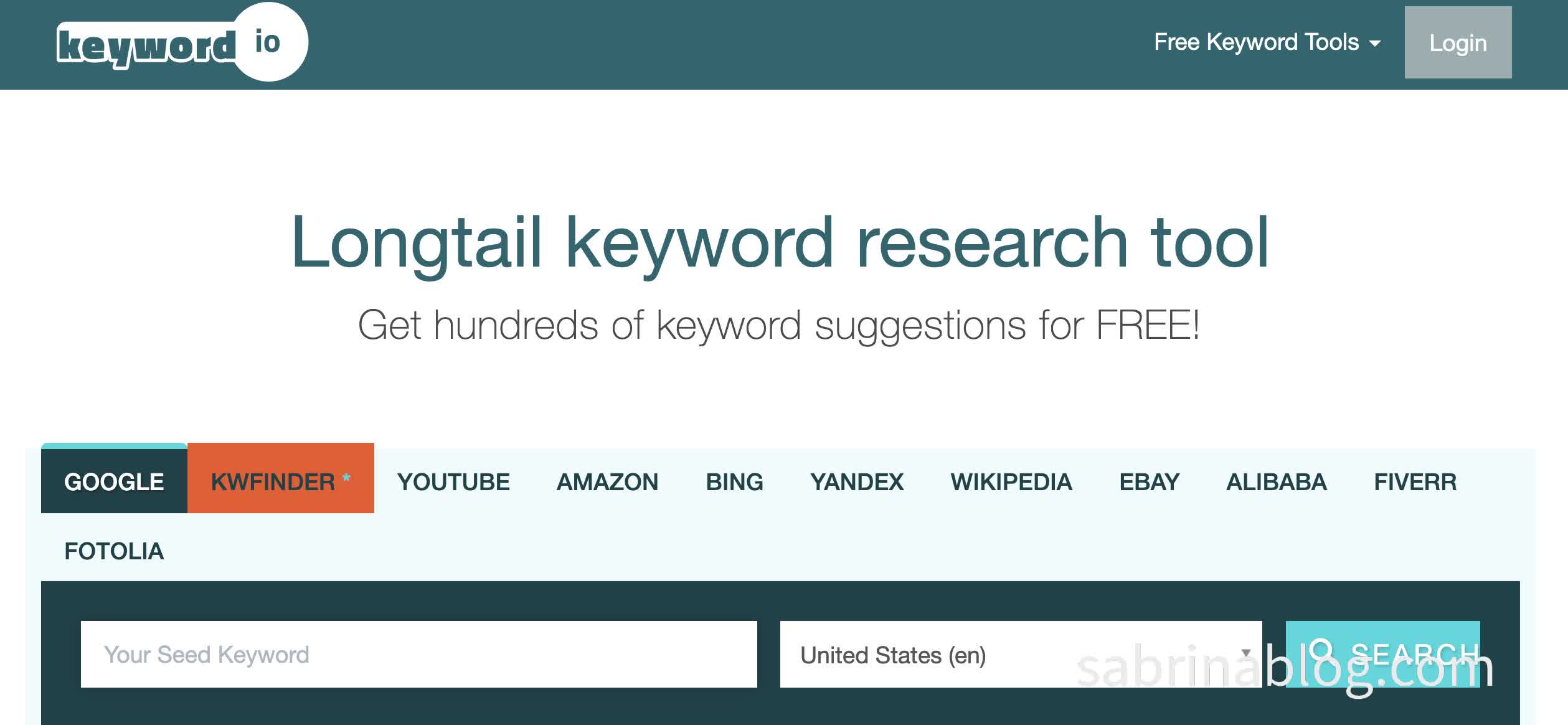
Strengths:
Sources: Gathers keyword ideas from Google, Bing, YouTube, Amazon, and other sites.
Long-Tail Concentration: Excellent for identifying long-tail keyword prospects.
Simple UI: An easy-to-use interface speeds up keyword research.
Weaknesses:
Limited data on the free version: The pro version is required for detailed metrics.
No Data on Search Volume: The free version does not include search volume or competition indicators.
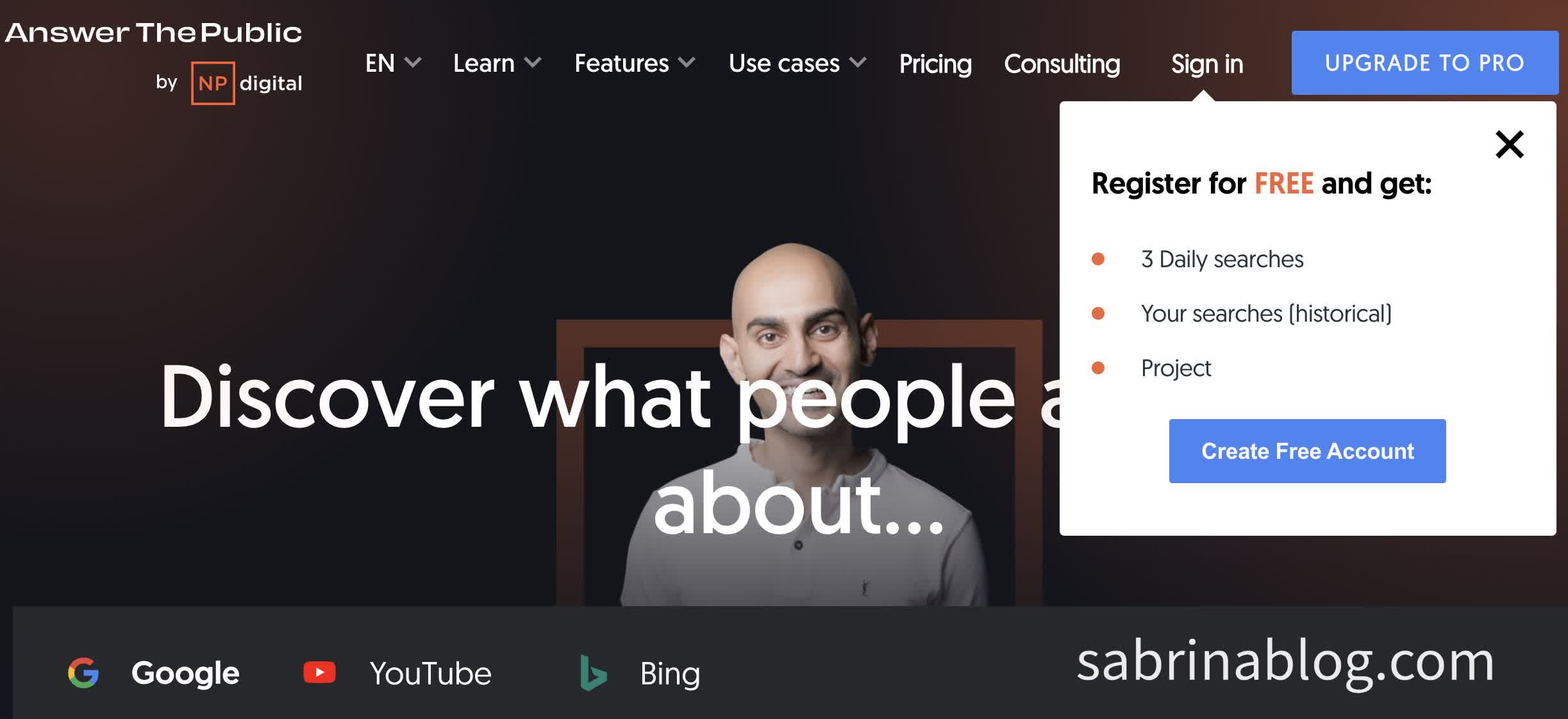
Strengths:
Question-Based Keywords: Generates keyword suggestions based on questions relating to your term that people are asking.
Visual Data Representation: Displays keyword data in a visually pleasing manner.
Ideal for Content Concepts: Contributes to content generation by providing insights into users’ interests.
Weaknesses:
Metrics are lacking: they do not provide precise data, such as search volume.
Daily Search Limit: Free users can only conduct a limited number of searches per day.
5. Soovle
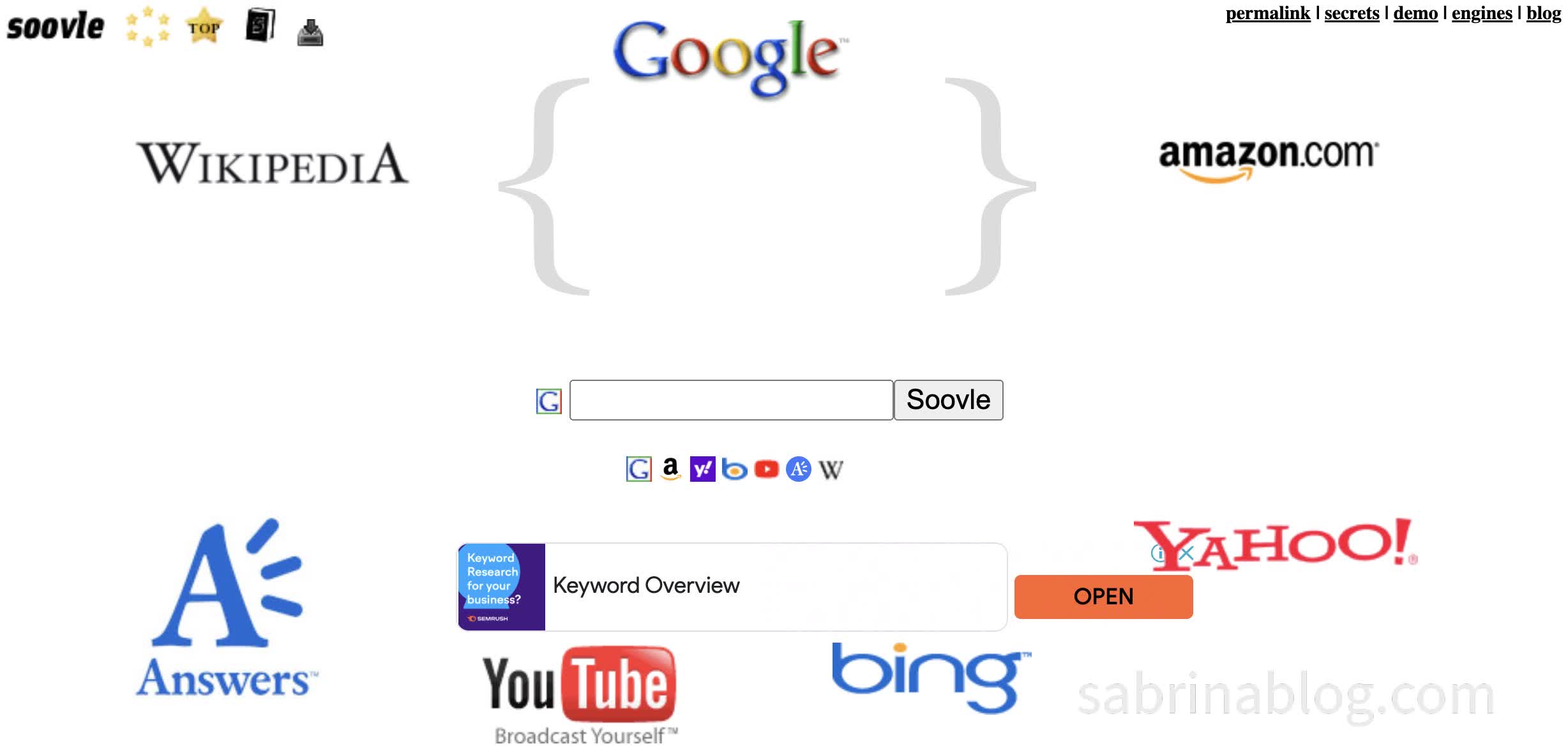
Strengths:
Multiple Platforms at the Same Time: Provides keyword recommendations from numerous sources such as Google, Bing, YouTube, and Wikipedia.
Quick Suggestions: As you type, it quickly generates keyword suggestions.
Easy-to-use: Extremely user-friendly, with a simple UI.
Weaknesses:
Only keyword recommendations: Only keyword recommendations are provided, with no additional stats.
There is no advanced filtering: Filtering results or going deeper into analytics is impossible.

Strengths:
Browser Extension: Works directly in your browser to provide real-time keyword data while you surf.
Metrics in Depth: Data on CPC, search volume, and competitiveness is provided.
Several Platforms Supported: Works with various search engines and e-commerce sites.
Weaknesses:
Essential Metrics are needed to pay: Essential metrics are now behind a paywall in the free version.
Can Be Obtrusive: It may not be for everyone because it is a browser extension.
Conclusion
New Zealand businesses and content providers must use keyword research tools to keep ahead of the competition. While each tool has advantages and disadvantages, combining them is an excellent technique for obtaining a thorough perspective of keyword prospects. Remember that the objective is to select meaningful keywords that correspond with your business goals and the intent of your target audience, not just popular keywords. So, delve into these tools and begin exploring!
Please leave your feedback in the comment section and share this article on your social media platforms. ↓

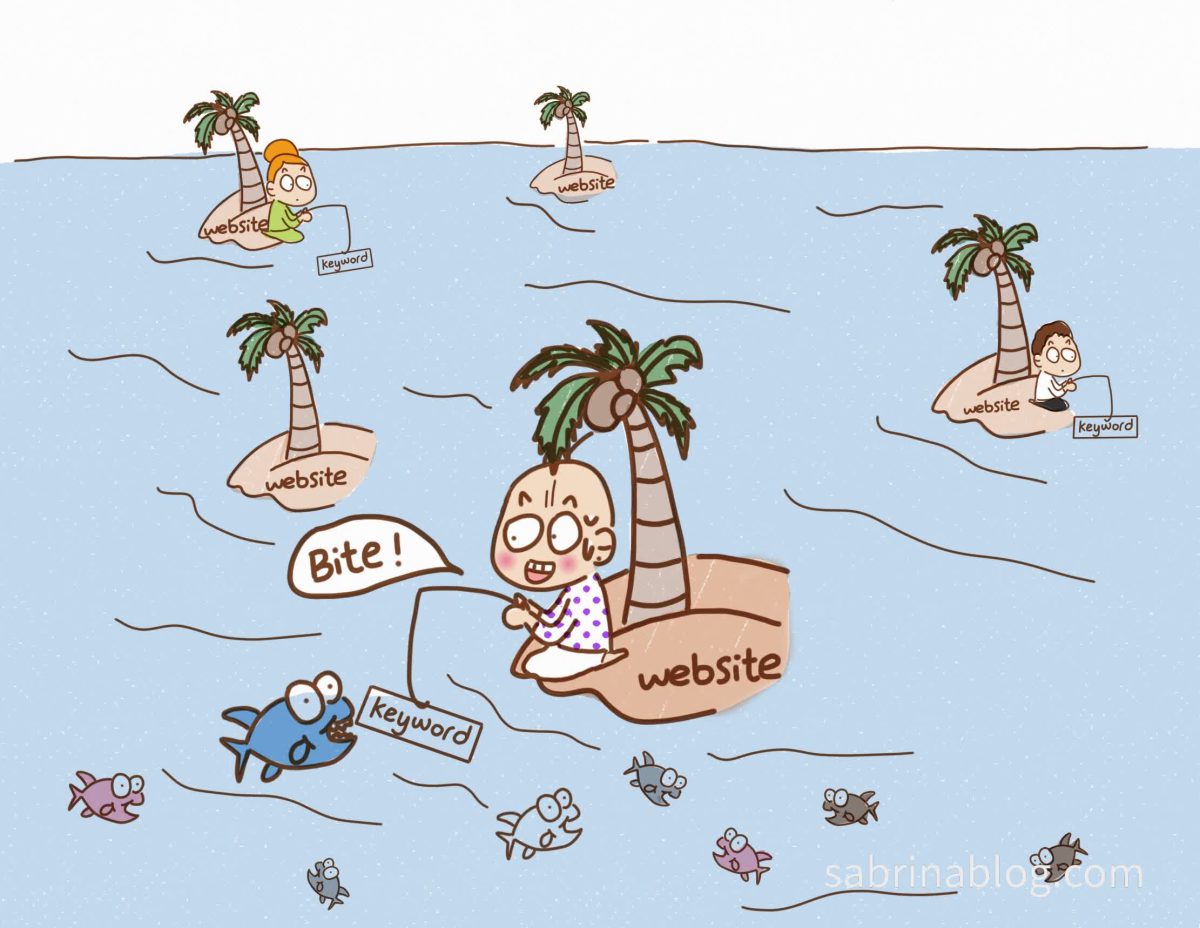



Leave a Reply
You must be logged in to post a comment.